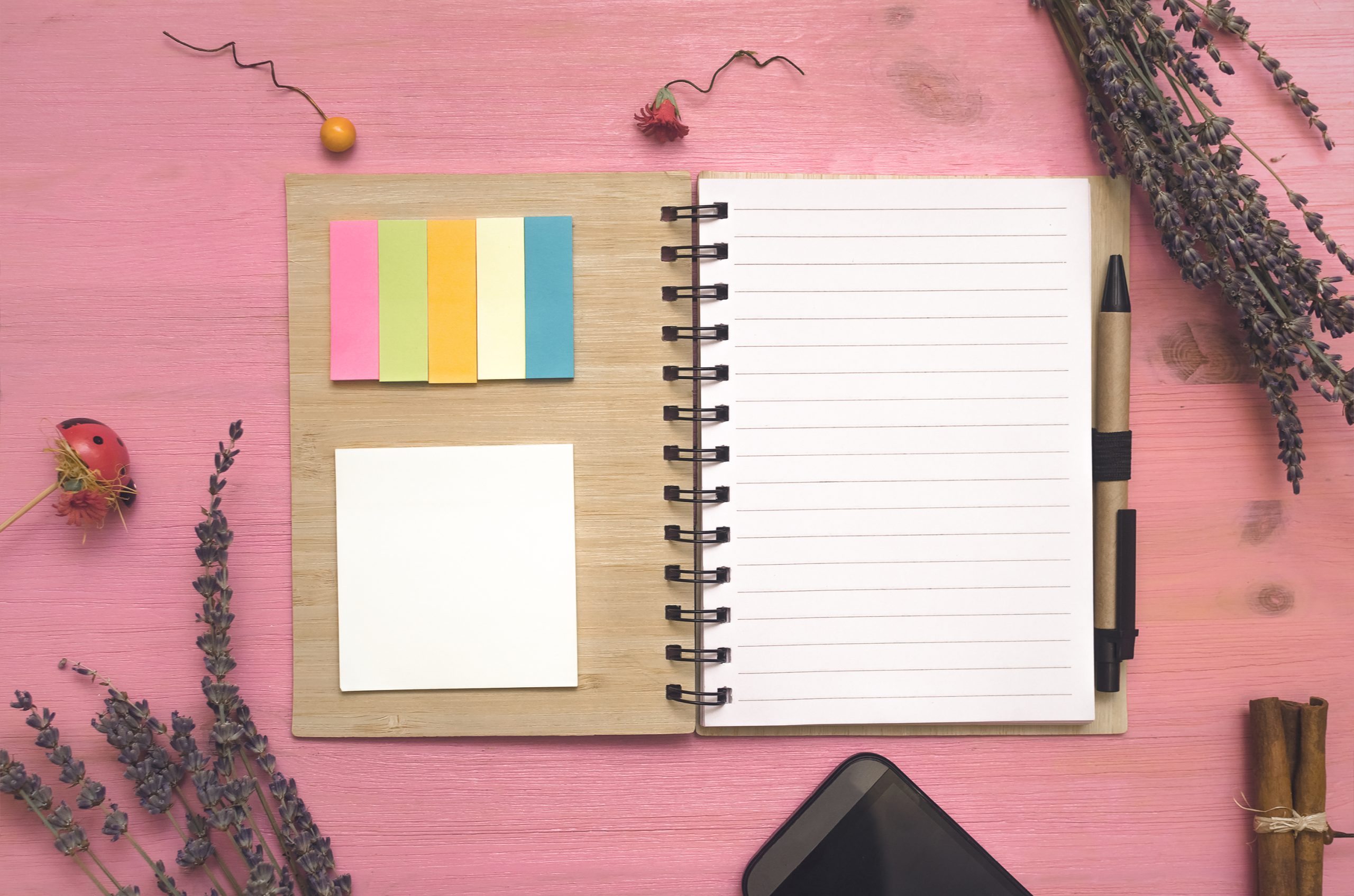Reduce
Your Use

PRACTICAL TIPS TO CUT BACK ON YOUR DRUG USE
Thinking about cutting back on alcohol and drugs but not sure where to begin? No worries, we’ve got your back! We’ve gathered some down-to-earth advice to lend you a helping hand.
KEEP ON LOVING

Before we dive in, let’s acknowledge that making changes to how much alcohol and drugs we use can be quite the challenge. It might sound simple in theory, but actually doing it can be tough both mentally and physically. But remember, kindness is key as we embark on this journey. If we set small goals and don’t quite reach them, that’s totally okay. Change takes time, and every attempt teaches us something valuable about ourselves. So, let’s give ourselves credit for taking the first step towards change.
TIPS TO REDUCE YOUR USE

Everyone’s relationship with drugs is unique, and these tips can spark your thinking about your future goals.
Understanding why we use drugs can shed light on our motivations. Once we know this, we can explore other ways to address our needs. For instance, if we smoke weed daily to de-stress, we might replace it with meditation, relaxing baths, or hitting the gym (and yes, that’s for the active peeps out there). Using drugs to connect socially? We could explore interesting non-drug-related groups for a fresh circle of friends during the non-party times.
Jotting down the pros and cons of reducing drug use helps us see the bigger picture. On the plus side, more money, increased energy, and less time recovering might be some pros. On the flip side, missing out on drug-fueled events or spending less time with certain friends could be cons.
Putting it on paper helps us weigh things out and make informed choices. If the pros outweigh the cons, that’s motivating!
If a specific con holds us back, let’s tackle it head-on. For example, trouble sleeping without weed? Start by learning about sleep hygiene and relaxation techniques. There’s a solution to each con – you’ve just got to find what works for you.
Kick-starting change with short-term, achievable goals is smart. Maybe aim for one drug-free weekend a month or two drug-free days a week. Achieving these goals boosts motivation and paves the way for bigger changes. As progress happens, our goals might evolve – it’s like levelling up in a game (is that how the kids say it??)
Cravings come and go – emotionally and physically. How to handle them? Distract yourself! Go for a run, immerse in nature, create a shopping list, or indulge in cute dog videos online. For longer cravings, consider support from professionals, peers, or helplines (check out the Support Services section)
Maintain a diary to monitor your progress (and no, I’m not talking about scrapbooking… unless that’s your kink). Did you skip drugs on the weekend? How many drug-free days this week? Documenting temptations and your coping strategies helps identify what works. And don’t forget to reward yourself! Celebrate sticking to your goals with a treat.
For more tips on how to reduce your use in a safe way, head over to the guys at the Australian Drug Foundation.
DISCLAIMER:
The information given on this page is not medical advice and should not be relied upon in that way.